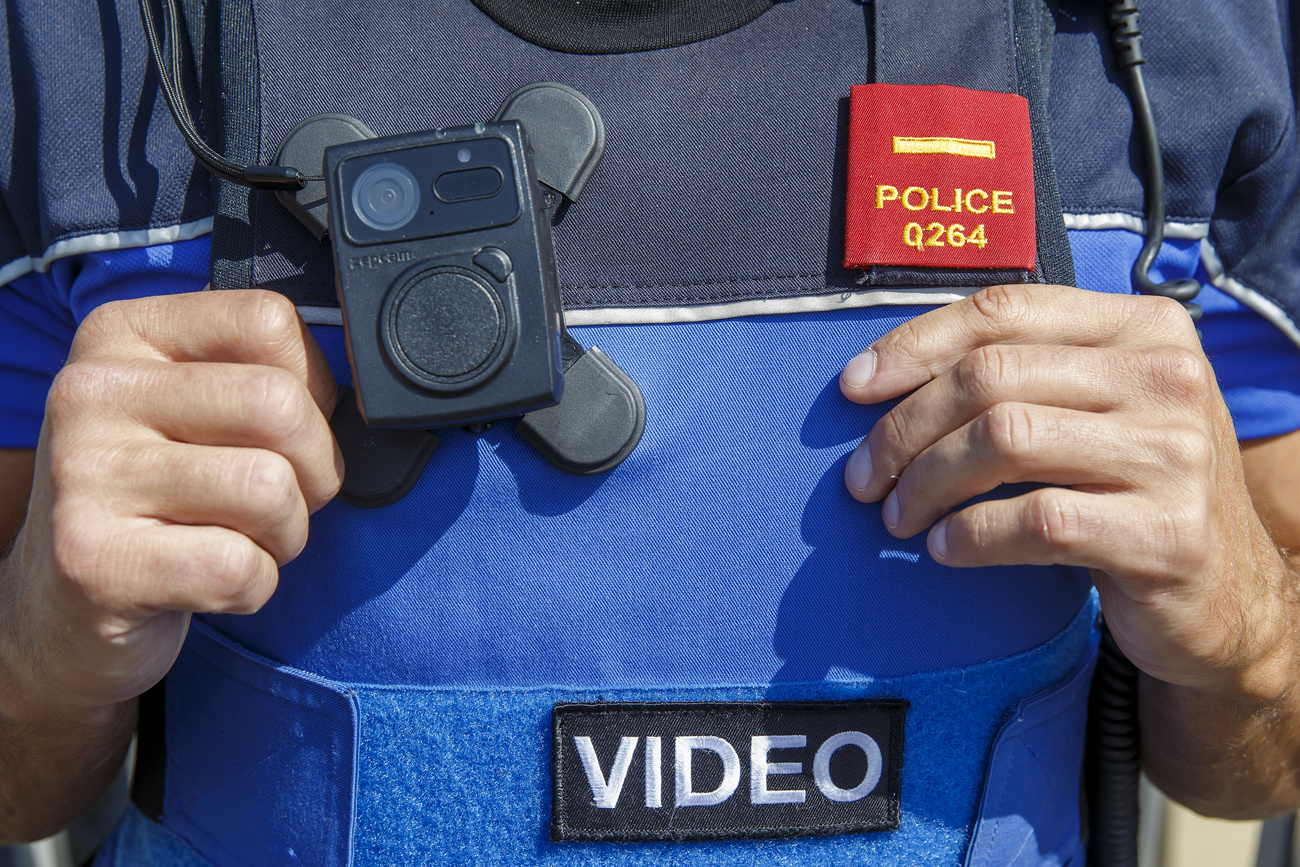Bodycams: essential for good law enforcement, or a privacy risk?
From September, Swiss Federal Railways transport police will be equipped with body cameras, also known as bodycams, to help de-escalate conflicts and increase accountability.
Did you ever come across bodycams in your place of residence? How do you think the use of bodycams alter the relationship between the public and (transport) police? How should bodycam footage be handled to ensure transparency and accountability, while also protecting the privacy rights of individuals?
Share your insights and experiences with us!
More
Bodycams on Swiss trains: will they keep trouble off the rails?
































Join the conversation!